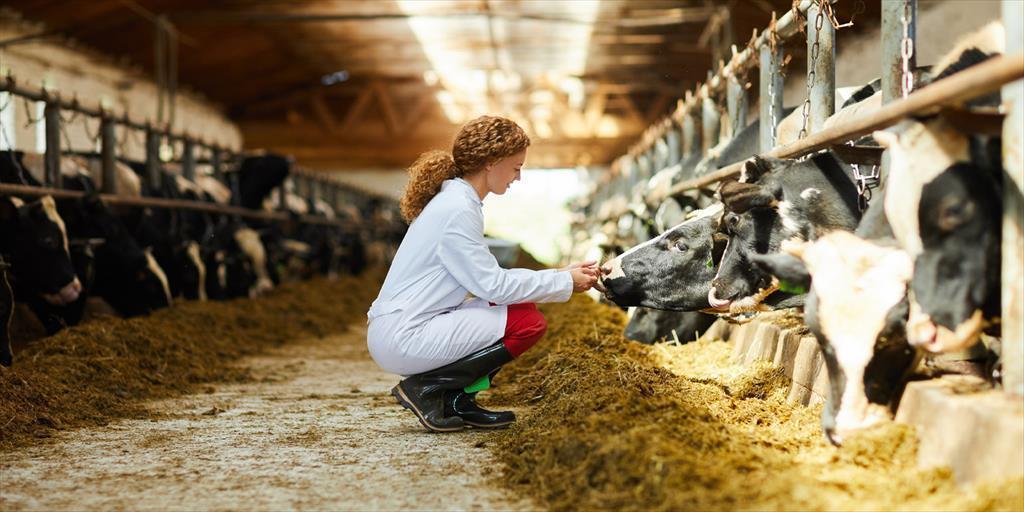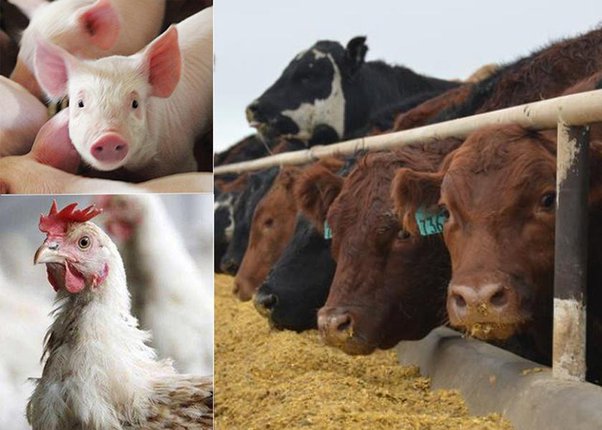In the field of agriculture the concept of farm biosecurity has been recognized as an essential element in protecting the health and efficiency of farms. It covers a broad range of measures and practices that are designed to stop spreading and introducing bugs, diseases, as well as contaminants that may affect the health of crops and animals. While farms face changing challenges, understanding and taking effective biosecurity practices is more crucial than ever before.
The primary aspect of biosecurity on farms is creating strict entry guidelines. Farmers should restrict access only to the essential staff and visitors only. In controlling the entry point to farm, they can reduce the possibility of spreading disease and pests without knowing. Establishing entry points that are designated with adequate signposts and handwashing stations could assist in enforcing these guidelines. Continuously informing all employees of the farm on biosecurity precautions is essential for ensuring that everyone knows their responsibility in keeping the environment safe.
Another important element in biosecurity on farms is monitoring for disease and monitoring. Farmers must be vigilant about the condition of their animals and their crops, paying particular on any suspicious signs or behavior. It is essential to detect any abnormalities early to stop spreading of disease. The agricultural extension and veterinarians are excellent sources for health screenings and diagnosis. Additionally, having a records-keeping system for tracking health information as well as any outbreaks of disease will help identify the trends and risk factors.

Farmers also need to be vigilant to maintain good hygiene practices and proper sanitation. This means periodic cleaning and disinfection of tools, equipment, and other facilities. Equipment that is contaminated can be a source of transmission illnesses from one part in the farm to another So regular cleaning procedures are crucial. In addition, making sure the proper disposal procedures are implemented and implemented can reduce the growth of possible diseases vectors such as rodents and insects. The proper disposal of deceased animals as well as plants that have been infected is essential to prevent contamination. For more information please visit here https://sunzencorp.com/
A factor of biosecurity on farms that is frequently neglected is the proper handling of visitors to farms. Although it is important to control access to the farm but there may be times that visitors are needed for various reasons, including vets, suppliers, or inspections. In these instances it is vital to put clear guidelines for visitors that are in place. Visitors are required to comply with biosecurity procedures including dressing in clean, appropriate clothing and footwear and applying hand sanitizer prior to visiting the premises. Furthermore, guests are required to be aware of the importance of biosecurity, as well as the risk they might create.
Transportation of animals and products can pose an enormous risk to farms biosecurity. The vehicles, the equipment and even deliveries of feed may carry diseases and other contaminants into the farms. Farmers should set up procedures for vehicles that are arriving, which include the proper washing and disinfection prior to arriving on the farm. Every vehicle must adhere to the biosecurity guidelines and must be subjected to surveillance and inspection. This is particularly important when farms receive regular deliveries of animals or require them to be that are transported between and to the farm frequently.



